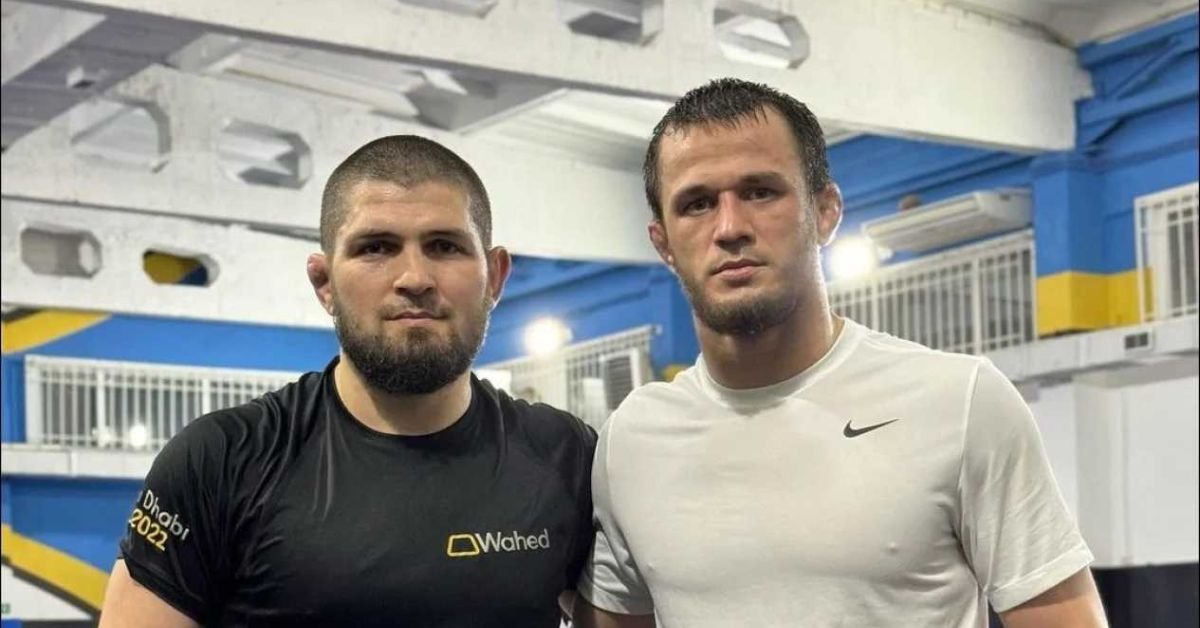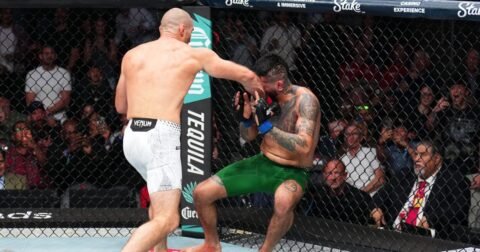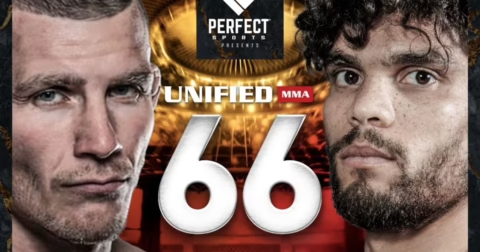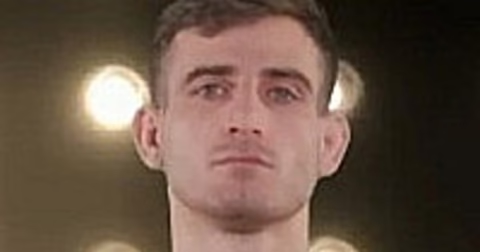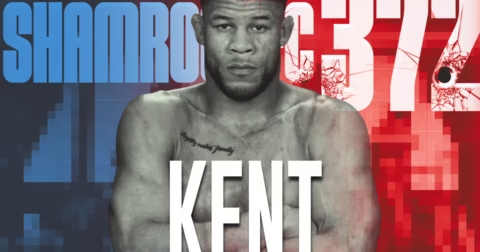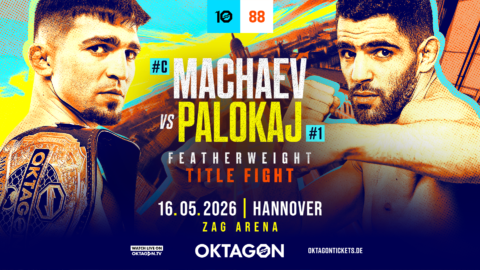Dagestan has often been a hotbed for dominance in mixed martial arts, and recent comments by Khabib Nurmagomedov comparing the states of Irish and Dagestani fighters have sparked quite a debate. You may have noticed Khabib’s assertion that, unlike Dagestan, Ireland has not produced many notable fighters aside from Conor McGregor and Paul Hughes. Now, his cousin, Usman Nurmagomedov, is stepping in to clarify the context of these statements.
Usman Nurmagomedov remains focused on keeping the conversation centred on the sport of MMA, rather than allowing it to devolve into nation-based discussions. According to him, the aim is to highlight the different levels of fighters and their achievements within the sport. You might be surprised to learn that he claimed, “If we’re talking about levels, of course we can talk a lot, but we have facts.” This statement pivots on emphasising the accolades of fighters from these two regions.
When discussing Bellator and other organisations, Usman pointed out that Dagestani fighters boast a strong record, with champions across various promotions. “In PFL, we have champions, in Bellator we have champions – and not only one,” he elaborated. If you consider the achievements of these fighters, it’s evident that Dagestan has a robust representation in the sport.
Usman’s commentary highlights a significant point: the distinction he wishes to maintain between the sporting realm and broader national pride. To him, it’s important that this discussion remains within the “borders” of MMA. He stated, “We’re just talking about MMA levels, you know? And that’s it, nothing else, nothing more.” It’s clear that Usman wants to ensure that when you engage in discussions about the quality of fighters, it’s strictly about their abilities and not a critique of nations.
This perspective comes as Usman prepares to defend his lightweight title against Paul Hughes at the upcoming Bellator Champions Series: Road to Dubai on January 25. As a fighter who currently holds an undefeated record of 18-0, he is focused on the task at hand while navigating these complex discussions surrounding national identity and athletic prowess.
As the debate continues, it is vital for fans and fighters alike to draw a line between national pride and competitive spirit. You may find that engaging thoughtfully in these conversations can lead to a richer understanding of the sport and its athletes. Usman Nurmagomedov’s clarifications serve as a reminder to keep the conversation centred on performance quality rather than allowing it to flare up into nationalistic rhetoric.

